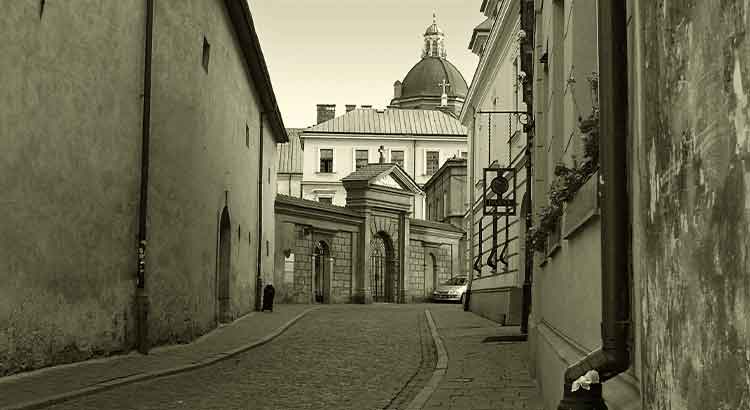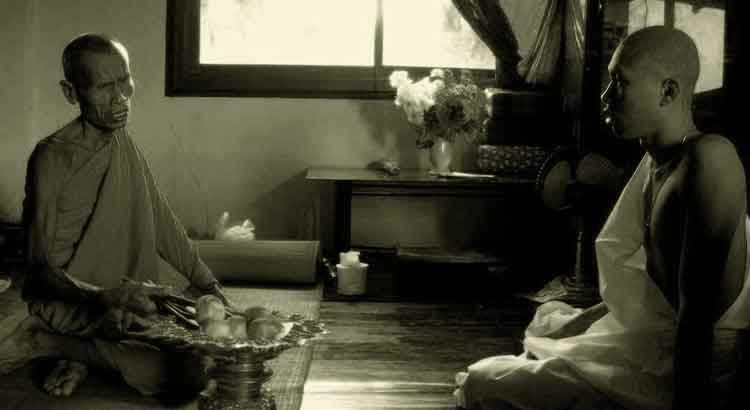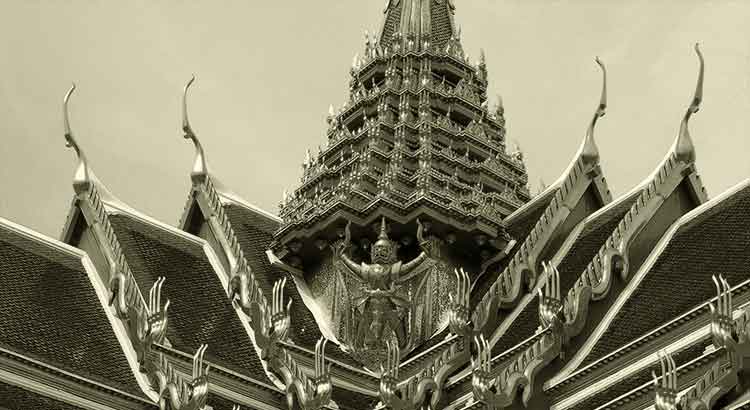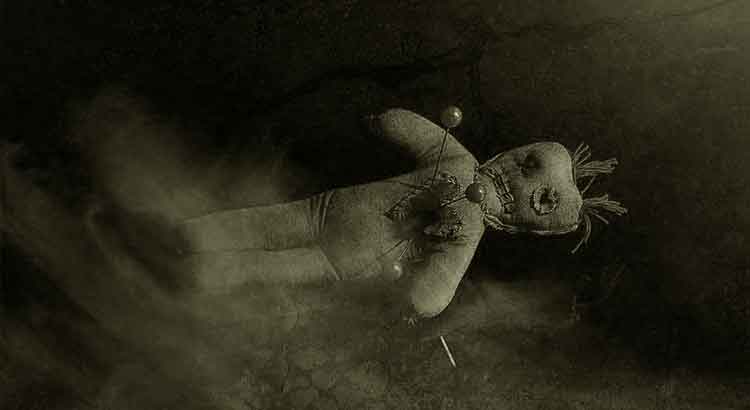Very few saw that Christianity would be the main barrier to prevent the West from being totally dominated by the collectivist ideas that flourished in the last century. Today, a war is raging that would already be lost, were it not for the honorable Christian resistance. The historical moment is already clear, and too interesting to ignore: after decades of insults and loss of prestige, only Christianity seems to have forged strong enough bonds to supplant this plague called communism. Who would have thought it! In a secular world, it was precisely religion saving it from totalitarian oppression that allowed it to progress to unprecedented levels. Historians will have to do justice, should the West be freed from the disgrace and misery that threatens it, and credit Christianity with avoiding what would perhaps be the most infamous and darkest chapters of human dignity.
Tag: religion
Although the Eastern Explanations for the Extreme…
Although the Eastern explanations for the extreme discrepancies in the conditions under which beings are born on this earth seem very reasonable, it does not seem to make sense that a psychopathic murderer is reborn a saint, or the other way around. In other words, where is the link that unites such different natures? It is very difficult to accept the doctrine of karma when we see individuals paying for acts that they would not be capable of committing. If the same essence has to manifest itself in different circumstances, something of itself has to subsist in order to be identifiable, that is, to be itself in a different circumstance. It does not seem plausible that, in each life, the same being develops a temperament that bears no resemblance to what it once was. If this is so, what, then, defines it? And how to admit the supposed “spiritual evolution” through which it must pass, if in each life, unrecognizably, it returns to square one? To these questions, the answers do not seem satisfactory…
Very Low Level
I read a celebrated and not recommended author who proposed a kind of renewed hedonism. Indulgence, material abundance, and a life geared toward the full satisfaction of desires. What a joke! The fellow comments on various religions, and with each note shows himself to be supinely ignorant of them all. He says that in the East there were those who proposed religion as a way to blend in with a “universal consciousness,” since material accumulation is difficult in these regions of the globe, and therefore it is reasonable to provide these people with something that surpasses and does not depend on what they cannot attain. He also adds that reincarnation was conceived as a balm for those less fortunate in this life; therefore, feeding them with the hope of a better future life. Oh, Lord! And such a guy as a religious leader! Has he not taken the trouble to read a historical summary of the religions he comments on, to find out that in the East they flourished in the bosom of palaces, where material abundance and the satisfaction of desires led to unbearable boredom! where the idea of living this life over and over again ad infinitum, as reincarnation suggests, aroused nothing but absolute terror in them, leading them to take extreme measures to break this detestable cycle!
Religious Practice Loses Its Nobility When…
Religious practice loses its nobility when, instead of working for spiritual purification, it serves man as a compensation for the vices routinely practiced or, worse, becomes a vehicle for the expression of all of them. It is natural that man, having evil within himself, seeks means to channel it. But to see religions, that is, practices that should strive to free man from his own misery, giving rise to envy, vanity, revenge, the impulse to affirm oneself to the detriment of others, and countless other lamentable and destructive manifestations, induces immense disgust and the bitter conclusion that the species definitely has no solution.



